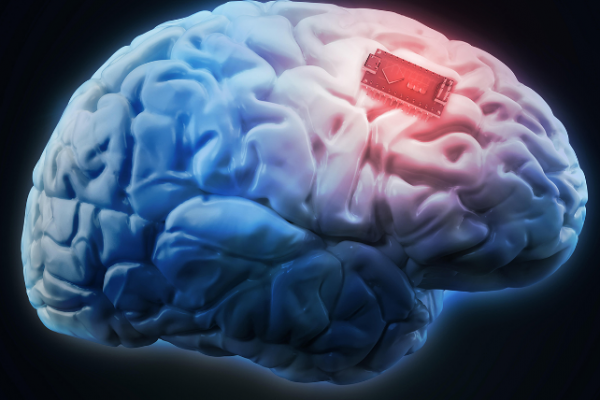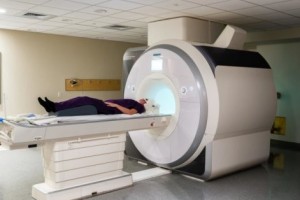Scientists say brain implant may be the key to beating addiction
What if people suffering from debilitating addiction could regain control of their lives thanks to a brain implant?
What if people suffering from debilitating addiction could regain control of their lives thanks to a brain implant? A provocative new study shows it may be possible to control the impulsive behaviors that fuel addiction by delivering electrical pulses to a specific part of the brain.
The findings offer hope that one day effective treatment may be available for life-threatening addictions, crippling depression, and other destructive disorders such as severe binge eating .
The research team observed a distinct pattern of electrical activity in the brains of mice that had learned to gorge on fatty food. The activity, which occurred just seconds before mice started to eat uncontrollably, essentially acted as a sort of anticipatory electrical signature indicating that the pathological behavior was imminent.
Using electrodes implanted into the mice’s brains, the researchers delivered a 10-second electrical pulse to the nucleus accumbens, a brain region known to be a hub for pleasure and reward. They found that the stimulation dramatically reduced the mice’s overeating.
But could something similar work in humans? To find out, the researchers turned their attention to a man who already had a brain implant to treat his severe obsessive-compulsive disorder. They observed a similar sort of electrical signature in his brain, which suggests humans may indeed respond to stimulation of the nucleus accumbens.
Deep-brain stimulation (DBS) of the brain is already used to treat the debilitating movement disorder Parkinson’s disease. But would people battling addiction really agree to surgery and the idea of having an electrode permanently implanted in the brain?
Imagine obese people or pathologic gamblers who are bankrupt, or even a depressed patient who has the impulse to commit suicide — some of these things are life-threatening or tremendously debilitating.
The team hopes to secure funding for an experimental trial that focuses on brain stimulation of obese patients who continue to overeat despite having had gastric bypass surgery. This is an opportunity to treat a disease state that has no available treatment.
Nbcnews





Related Posts